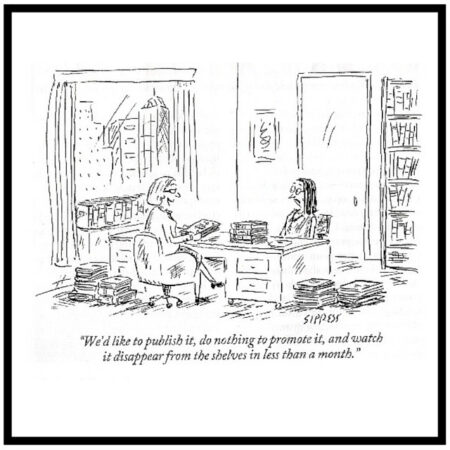“When you look around your home at a little sea of toddlers, you should look forward to the time when you’re sitting around a table with your grown children and their grown children, telling stories and laughing together. You are at one end of the table, and your wife is at the other end, and you’re talking about how God has used your family. That is the joy that is set before you. That is what you have your eye on as you trust God’s promises. Don’t look at the chaos and get sucked down into it as though it determines everything. It doesn’t determine anything.”
Keep Your Kids, p. 66



